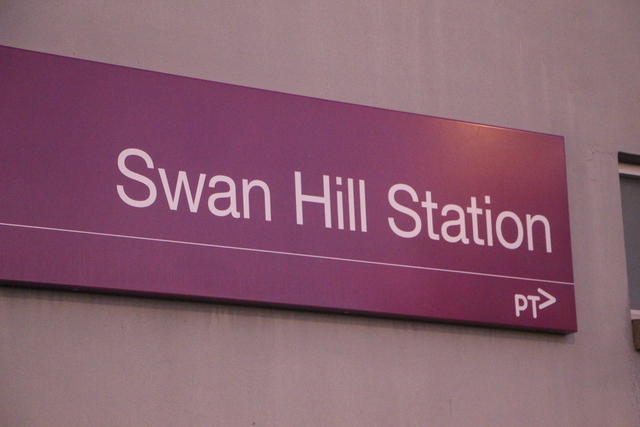TWO communities in the Gannawarra Shire will soon have new healthcare hubs to complement existing services.
The first four hubs to be announced will be in Kerang, Quambatook, Pyramid Hill and Boort.
The Integrated Health Network Alliance is one of six successful applicants selected from 80 submissions nationally to receive $1.4 million in funding through the Australian Department of Health and Aged Care’s Innovative Model of Care grant.
Northern District Community Health is leading the four-year primary health initiative, with partners Murray PHN, Inglewood & District Health Service, East Wimmera Health Service and Boort District Health.
Murray PHN project lead Dr Nerida Hyett said the original healthcare hubs pilot had been built on the back of local co-design research and ongoing community engagement.
“In 2022, we spoke to 44 healthcare professionals and 21 healthcare consumers and carers, who told us what the communities of Buloke, Loddon and Gannawarra needed,” Dr Hyett said.
“For health professionals, it was more attractive job roles that include local training and career paths and being part of a bigger health team.
“For consumers and carers, it was access to a range of different health services by a regular team of professionals, closer to home and who work closely with one another.”
The six new healthcare hubs will support local doctors, or fill gaps where there are none, helping to reduce workload pressures and create more supportive work environments to recruit new health and medical professionals more effectively.
Working groups will be established through the broader Buloke Loddon Gannawarra Health and Wellbeing Executive Network, including North Central Local Learning and Employment Network, Mallee District Aboriginal Services and the councils, to lead this health system improvement project and promote service collaboration.
Peak bodies include the Rural Workforce Agency Victoria, and university training providers including La Trobe University, Monash University and Charles Sturt University.
The hubs will be led by general practitioners and nurse practitioners and staffed with multidisciplinary team members, potentially including physiotherapists, occupational and speech therapists, podiatrists, dieticians and mental health counsellors.
Together, they will provide a one-stop-shop and comprehensive care for people with chronic conditions including chronic pain, diabetes and cardiovascular disease and mental illness, plus those needing palliative care.
Hubs will provide multidisciplinary services onsite, initially starting with one day per fortnight per hub.
Telehealth will be available to help patients access specialist appointments. Outreach services will be provided into schools, residential aged care homes and hospitals to address service gaps.
Murray PHN chief executive Matt Jones said the aim of these new multidisciplinary primary care models was to reduce chronic workforce shortages and improve patient access in rural locations.
“We are already learning from pilots underway and incorporating our findings into these new trials,” he said.
Each one of them is evaluated to help us determine which models work, where they work and whether they are financially sustainable.”
Northern District Community Health interim chief executive Margaret McDonald said it was important to find solutions for the long-term difficulties that health services were experiencing in recruiting workforce into rural environments.
“We are really excited about the prospect of hubs, which will provide a pooled workforce, improved access to supervision and the sharing of healthcare resources between services,” she said.
“Ultimately, they are creating a more attractive employment proposition for clinicians, which can only be for the benefit of our communities.”
The trial will be evaluated and adapted each year as needed.
It is anticipated that the hubs will be more financially stable by year three and then be able to offer more clinic days.
At the end of the four years, an independent evaluation led by Monash University will produce evidence to support the application of hubs in similar rural regions with small, isolated communities and thin workforce markets.
The partnership acknowledged the commitment of former NDCH chief executive Mandy Hutchinson, who played a major role in helping the funding application be successful and providing long-term benefits for local communities that she served.







